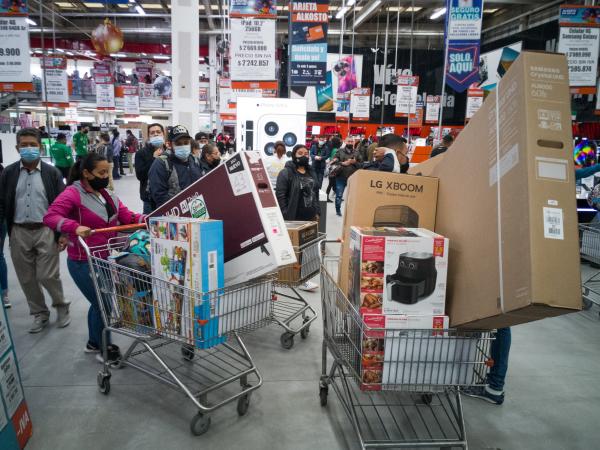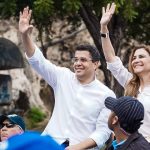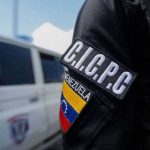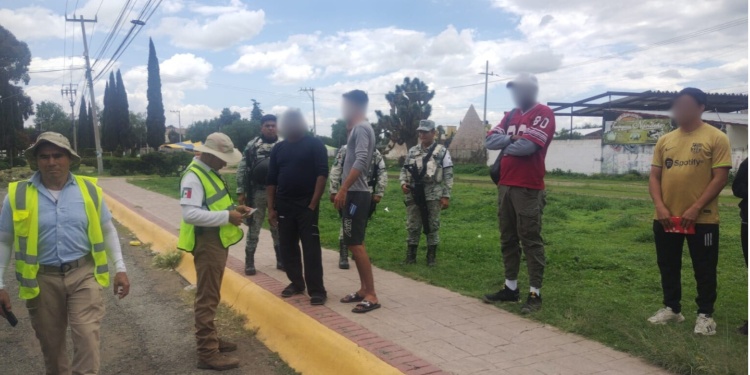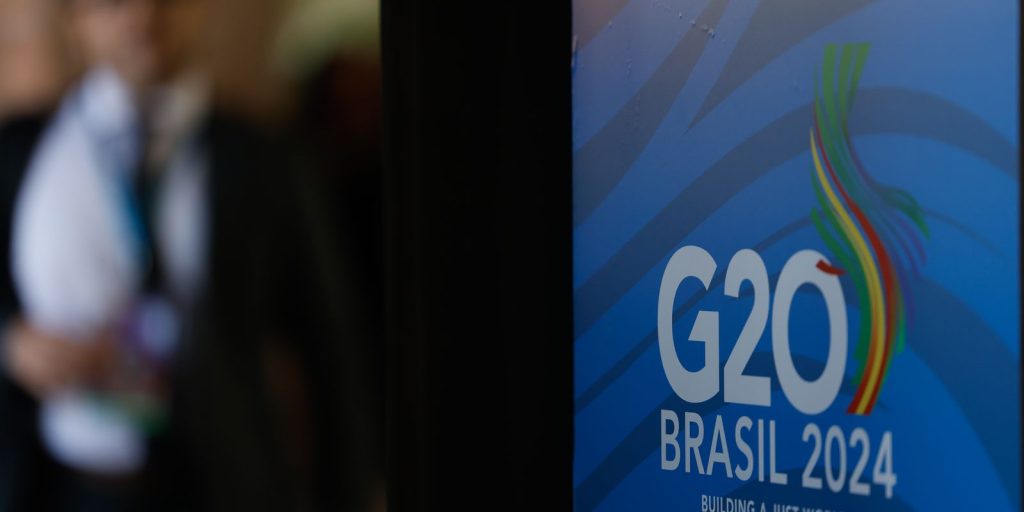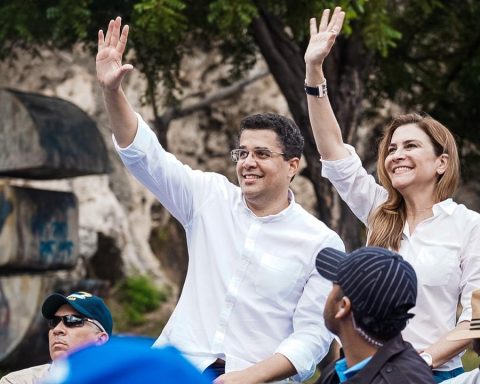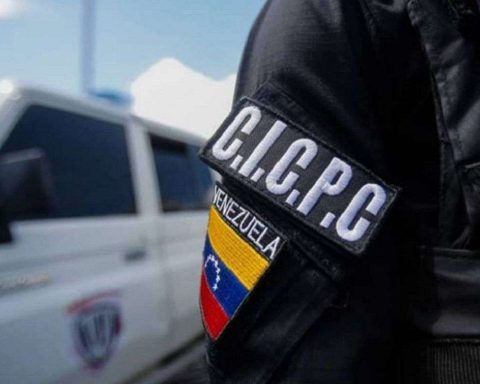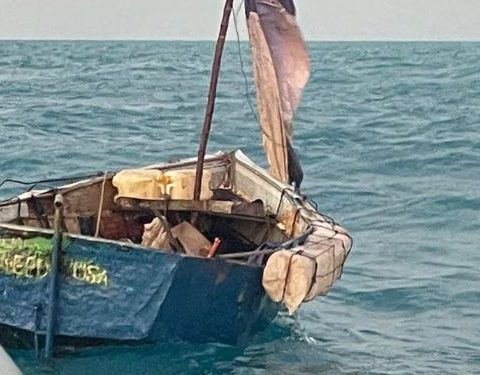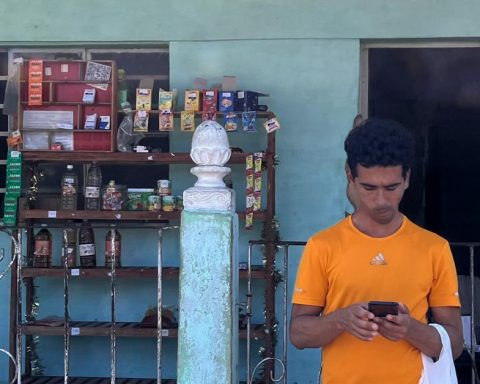The VAT-free dayswho became famous during the covid-19 pandemic, which were later knocked down by the Gustavo Petro’s government and which were revived thanks to a bill that was finally approved at the end of last May, have fallen again.
This Tuesday, July 23, the Representative to the House for Valle del Cauca, Christian Garcésconfirmed that President Petro objected “the bill on days without VAT completely, returning it to the Congress of the Republic“.
(Read: What did the UNP say after the detention of vans transporting FARC dissidents?).
“We regret that the current government does not want to support, above all, low-income families who can plan and save to buy items that are so important for their quality of life, such as clothing, electrical items for their home, sports equipment, agricultural supplies for the Colombian peasant sectors, among others.“said Garcés, who was the coordinator who presented the law in the Congress during their debates.
The congressman added that we “We confirm that (VAT-free days) do not require fiscal endorsement, since it is up to the President of the Republic to authorize them.“.
VAT-free day
Vanexa Romero. THE TIME
(Can read: No more ‘olé’: Government approves law banning bullfights in Colombia).
“The fiscal impact will be the economic analysis that the government in power makes to benefit the pockets of Colombians“, he assured.
Garcés also said that he hopes that the Congress of the Republic will ratify the three days without VAT as a state policy.
(We recommend: What happened on July 20? President Petro explained his delay for the military parade).
Following President Petro’s objection, The project will return to the chamber of Congress where it originated for a new debate in plenary session..
The origin of VAT-free days
On Tuesday, May 28, Congress approved the bill that sought to institutionalize VAT-free days, One of the commercial days that were created in the midst of the Covid-19 pandemic by the government of Iván DuqueThe idea of these dates was to help strengthen the Colombian economy.
These days allowed Colombians to purchase products from certain sectors without being taxed with 19% VAT. The exempt areas were, among others, technology, footwear and clothing and that did not exceed certain limits in their prices.
(Read: What will Petro do in Paris, apart from attending the opening of the Olympic Games?).

VAT-free day
Already in power, President Gustavo Petro decided to end the days without VAT and his argument was that They did not generate greater dynamism for the country’s economy and only benefited the highest strata..
It is worth remembering that this was discretionary of the National Government and, therefore, with the change of command in Narino Palace it was announced that they were not going any further.
CAMILO HERNANDEZ M.
Briefcase
